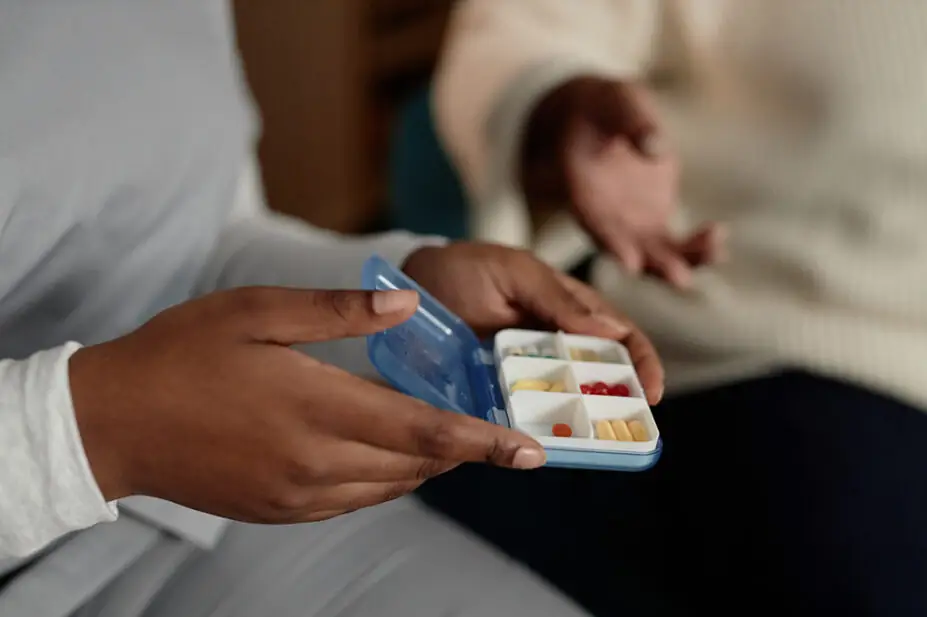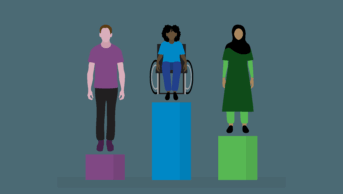
Shutterstock.com
The NHS Race and Health Observatory and the National Institute for Health and Care Excellence (NICE) have agreed five priority areas for de-biasing clinical guidance.
As part of an agreement between the organisations, which will run over the next two years, they will combine expertise and share research to tackle health inequalities in black, Asian and ethnic minority patients, starting with de-biasing clinical guidance across maternal and neonatal health, mental health, genomics, sickle cell and hypertension.
The partnership will also look to embed processes aimed to ensure that new clinical guidance tackles inequalities and does not include any potential racial or other bias that could impact patient treatment, safety and outcomes.
Both organisations will align strategies and methods to ensure priority areas, including NICE decision-making processes, are fair and equitable.
The NHS Race and Health Observatory will also provide guidance on NICE’s Equality and Health Inequalities Assessment (EHIA) processes and the development of new guidelines, with insights from the experience of patients from diverse communities.
In a joint statement, published on 7 May 2025, the organisations said their partnership would create opportunities and platforms to present real-world data, new projects and approaches for addressing racial bias and health inequity through events, conferences, publications and joint workshops.
Habib Naqvi, chief executive of the NHS Race and Health Observatory, said: “Equitable healthcare is not just good for patients and their families, it also improves productivity and saves the NHS money. Our work to date clearly shows the historic failure to address health inequalities is coming at a high cost to patients, the economy and to the NHS.
“I’m delighted to announce this landmark collaboration and look forward to working with NICE on improving patient experience and outcomes.”
Sam Roberts, chief executive at NICE, said: “At NICE, we’re committed to working with partners who can help us make the biggest difference where it matters most. Through this collaboration, we’ll develop guidance that not only reflects diverse patient experiences but also creates a more equitable health system that delivers the best possible care for everyone.”
Amandeep Doll, head of engagement and professional belonging at the Royal Pharmaceutical Society, welcomed the collaboration and said that tackling health inequalities and addressing bias in clinical guidance was “vital to improving outcomes for all patients, particularly those from black, Asian and minority ethnic communities”.
“We look forward to seeing how the insights from this partnership are embedded across pharmacy and the wider healthcare system,” she added.
The NHS Race and Health Observatory was established in 2021 to tackle ethnic inequalities in access to and experiences of healthcare, health outcomes and inequalities experienced by black and minority ethnic members of the healthcare workforce.
In 2024, the government backed all 18 recommendations made in a review of racial and other biases in the design and use of medical devices.
In 2021, the Observatory specifically called for a review of pulse oximeters after an analysis by the University of Michigan found that readings of blood oxygen levels were three times more likely to be inaccurate among African-American patients.
In August 2024, The Pharmaceutical Journal reported on the ethnicity gap in pharmacogenomics and how an overwhelming reliance on data from people with white, European ancestry risked widening existing health inequalities.


